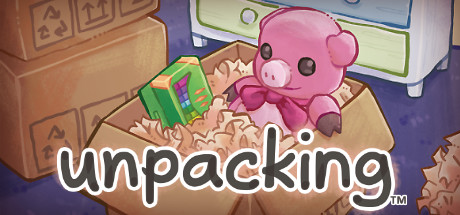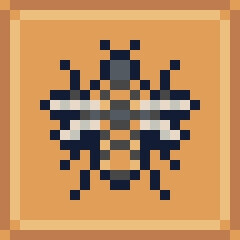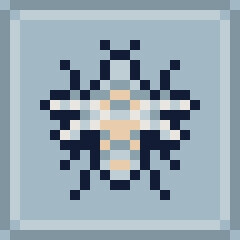Install Steam
login | language
ń«ĆõĮōõĖŁµ¢ć (Simplified Chinese) ń╣üķ½öõĖŁµ¢ć (Traditional Chinese) µŚźµ£¼Ķ¬× (Japanese) ĒĢ£ĻĄŁņ¢┤ (Korean) Ó╣äÓĖŚÓĖó (Thai) ąæčŖą╗ą│ą░čĆčüą║ąĖ (Bulgarian) ─īe┼Ītina (Czech) Dansk (Danish) Deutsch (German) Espa├▒ol - Espa├▒a (Spanish - Spain) Espa├▒ol - Latinoam├®rica (Spanish - Latin America) ╬Ģ╬╗╬╗╬Ę╬Į╬╣╬║╬¼ (Greek) Fran├¦ais (French) Italiano (Italian) Bahasa Indonesia (Indonesian) Magyar (Hungarian) Nederlands (Dutch) Norsk (Norwegian) Polski (Polish) Portugu├¬s (Portuguese - Portugal) Portugu├¬s - Brasil (Portuguese - Brazil) Rom├ón─ā (Romanian) ą čāčüčüą║ąĖą╣ (Russian) Suomi (Finnish) Svenska (Swedish) T├╝rk├¦e (Turkish) Tiß║┐ng Viß╗ćt (Vietnamese) ąŻą║čĆą░茹Įčüčīą║ą░ (Ukrainian) Report a translation problem
















































































































 637 ratings
637 ratings






















































